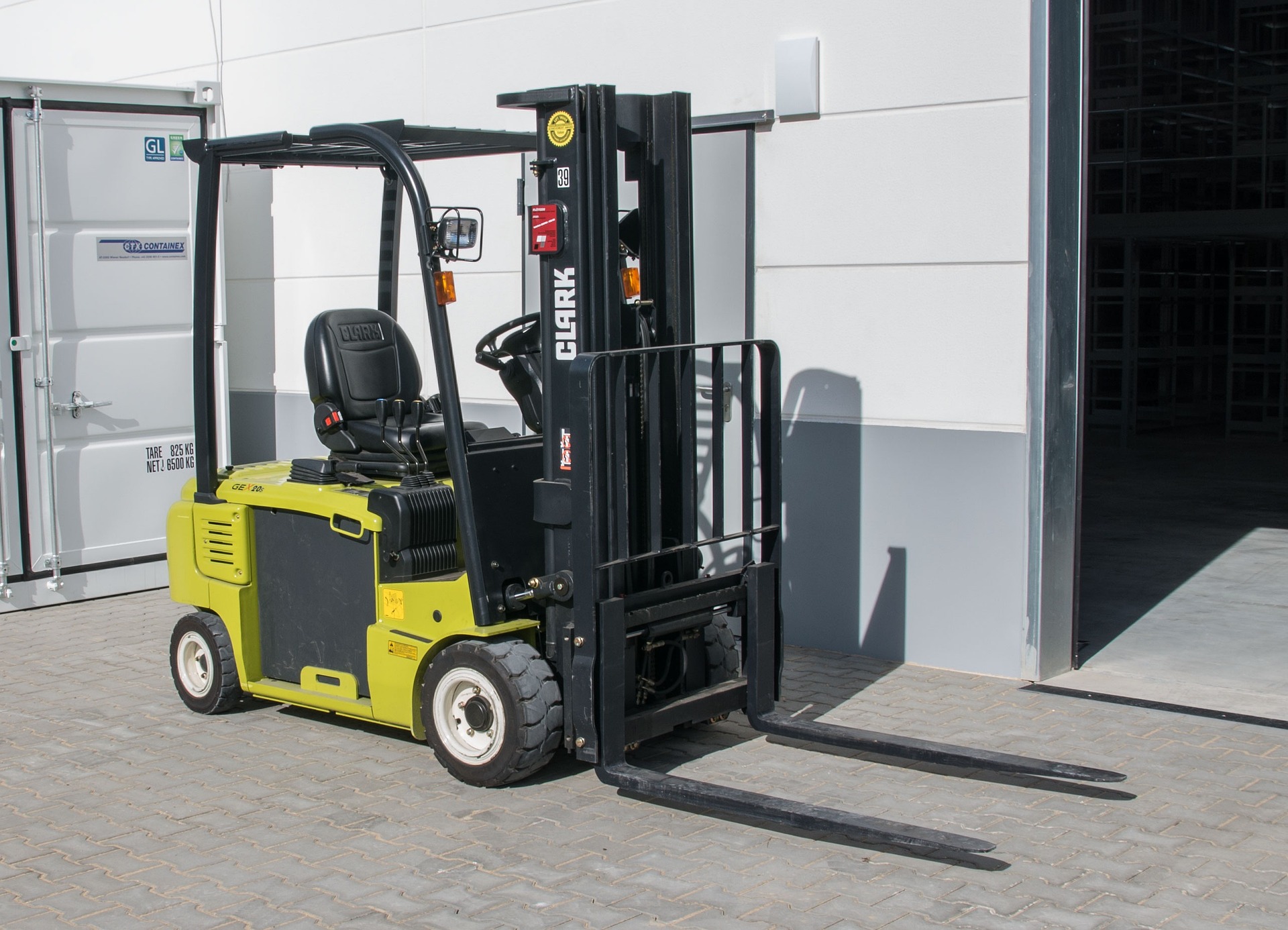Start Your HVAC Career: 12-Week Pre-Apprenticeship + Paid Apprenticeship
Starting a career in HVAC (Heating, Ventilation, and Air Conditioning) can be both practical and rewarding. Many professionals in this field begin by learning the basics through short-term technical courses or pre-apprenticeship programs, followed by hands-on experience under certified mentors. This combination of classroom learning and real-world practice helps aspiring technicians build the skills needed for a stable, in-demand career that keeps homes and businesses comfortable year-round.

HVAC professionals service climate control systems that regulate temperature, humidity, and air quality in various building types. These technicians diagnose equipment malfunctions, perform scheduled maintenance, and install new systems using specialized tools and technical knowledge. The headline mentions a specific training timeline and compensation structure, but this does not indicate any actual available program. This content provides general information about HVAC education and career concepts without promoting specific opportunities.
Benefits of HVAC Technical Education
HVAC training programs typically integrate theoretical knowledge with practical application using industry equipment. Students study thermodynamics, electrical circuits, and mechanical systems through laboratory work and classroom instruction. Educational facilities often feature multiple system types including heat pumps, chillers, and boiler systems for comprehensive learning. Safety training encompasses electrical hazards, chemical handling, and confined space procedures. These educational components develop diagnostic abilities and technical proficiency across residential and commercial applications.
Public Funding for HVAC Education
Federal workforce development programs support HVAC training through community colleges and vocational institutions. The Workforce Innovation and Opportunity Act provides funding for career training in high-demand occupations. Military veterans can access educational benefits for HVAC programs through VA education benefits at approved schools. Federal financial aid including Pell Grants may reduce educational costs for qualifying students. State workforce boards offer additional support programs that vary by region and may include scholarships for skilled trades training.
HVAC Professional Development and Specialization
HVAC careers typically progress from entry-level service work to advanced technical positions requiring specialized knowledge. Beginning technicians often handle routine maintenance tasks including filter replacement and basic system checks. Experience enables advancement to complex repairs involving electrical troubleshooting and refrigerant system work. Specialization areas include commercial refrigeration, industrial process cooling, and building automation systems. Professional advancement may lead to supervisory positions, technical sales roles, or independent business ownership.
Technical Competencies in HVAC Work
HVAC technicians utilize diagnostic equipment including digital multimeters, refrigerant manifolds, and combustion analyzers during service work. Technical skills encompass reading electrical schematics, understanding refrigeration cycles, and performing load calculations. Contemporary HVAC systems incorporate programmable controls, variable-frequency drives, and network-connected components requiring computer literacy. Physical requirements include working in mechanical rooms, attics, and outdoor environments while handling heavy components. Analytical thinking is crucial for systematic diagnosis of complex system failures.
| Educational Provider | Duration Range | Investment Level | Program Elements |
|---|---|---|---|
| Community Colleges | 6-24 months | $3,000-$15,000 | Degree programs, transferable credits |
| Vocational Schools | 6-18 months | $8,000-$25,000 | Certificate focus, industry connections |
| Technical Institutes | 4-12 months | $5,000-$22,000 | Intensive training, equipment access |
| Apprenticeship Programs | 2-5 years | Variable compensation | Earn while learning, mentorship |
Prices, rates, or cost estimates mentioned in this article are based on the latest available information but may change over time. Independent research is advised before making financial decisions.
HVAC Education Research and Planning
Individuals exploring HVAC careers should investigate educational options available through local institutions including community colleges and technical schools. Program structures differ significantly among providers with varying approaches to curriculum design, practical training, and certification preparation. Prospective students should visit training facilities, meet with admissions counselors, and understand prerequisite requirements including math skills and mechanical aptitude. Financial considerations include tuition costs, required tools, textbooks, and professional certification fees beyond basic program expenses.
HVAC technology advances continuously with new refrigerants, control systems, and energy efficiency requirements. While formal education provides foundational knowledge, professional growth requires ongoing learning throughout one’s career. The industry offers employment stability for qualified technicians who service the climate control systems essential to modern building operations. Career success depends on combining solid technical training with field experience gained through practical problem-solving in diverse service situations.




